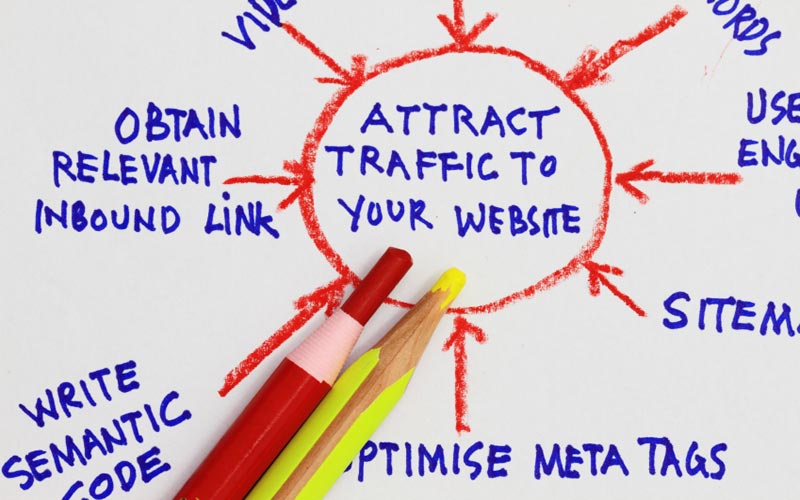Mention search engine optimisation, or SEO, to a room full of business people and you’ll see a variety of reactions, many of which will involve puzzled faces, grimacing or even a bolt for the nearest exit. It is understandable, given the vast amount of conflicting and confusing information that exists relating to SEO.
Sadly, there are some elements of this information which are likely to do more harm than good if applied to a website’s SEO strategy, and yet they appear time and time again on SEO forums, discussion groups and social media posts. Some of this information may seem to make sense at first but a look at the guidelines given out by the main search engines will show they are myths.
Myth #1: You Must Use A Dot Com Extension For Your Domain Name
Whilst dot com is desirable, according to Google it is not the case that they prefer dot com domains and rank them much higher than other extensions such as dot net or dot org. It is true that in the very beginning, Google could only recognise dot coms, but those days are long gone.
If you are a local company, seeking to attract local customers then it is more beneficial to select a domain with your country code such as ‘.au’ in Australia, or ‘.co.uk’ in the United Kingdom.
Myth #2: Keyword Research Is No Longer Useful
Many business owners, and sadly, SEO agencies too, seem to think that ‘they know best’ when it comes to what potential customers will search for. As a result, they optimise their websites and backlinks based on this presumption and then wonder why there has been no uplift in visitor traffic.
Continue reading “Four Myths About SEO You Should Be Aware Of”


